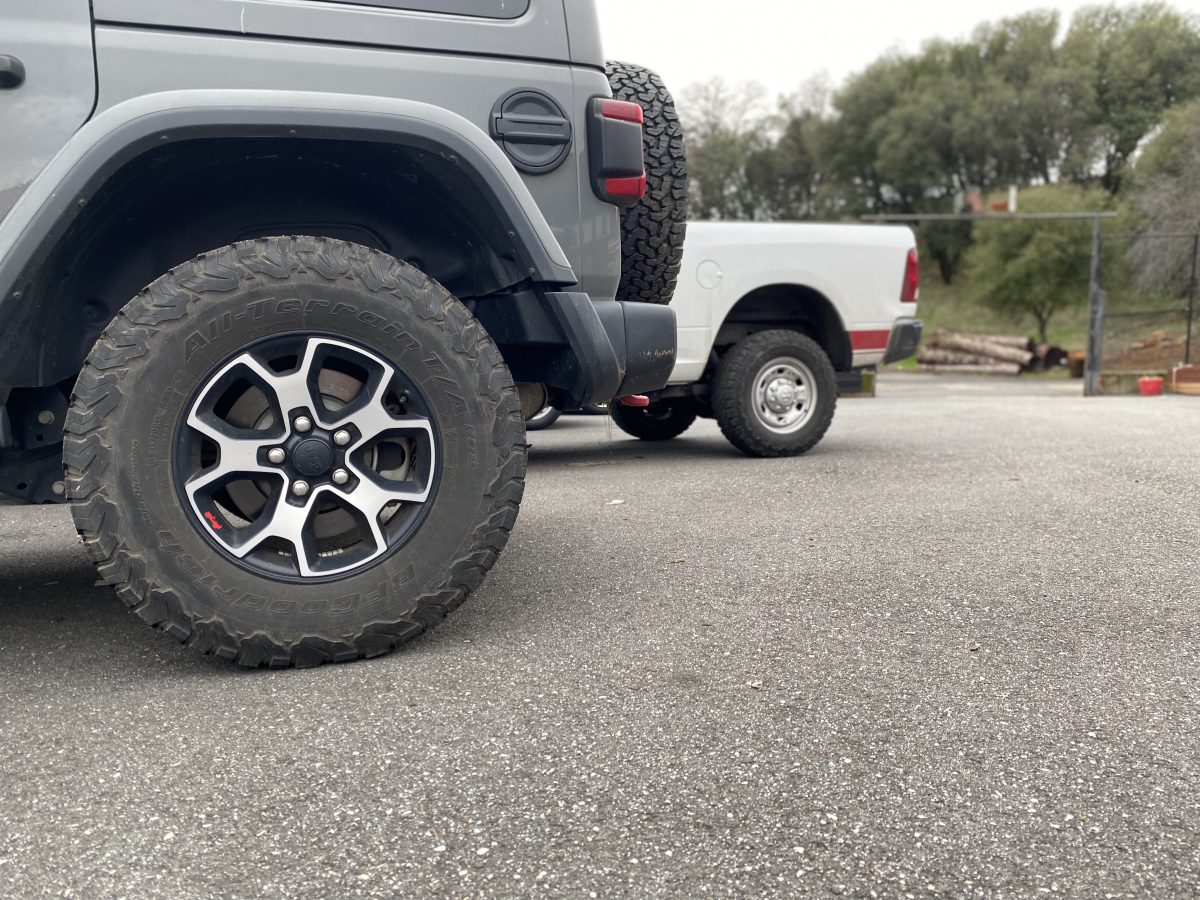Contrary to common belief, driving old trucks or cars can become even more expensive than a newer fancier model.
With the rising conversation about electric vehicles, California’s vehicle emissions testing is tightening what will pass with a safe level of emissions. California is using Roadside Emission Monitoring Devices, and there are even plans of making half of all cargo trucks “zero emission” by 2035, according to The New York Times. Yet this raises problems for people with cars built between 1975 and the 2000s that could be expensive to lower emissions and could change the performance of the actual vehicle.
Wade Graham, a writer for the Perspective Magazine is very concerned about how this law affects the common person.
With very similar but even less strict laws in the UK he claims, “Meantime, waiting lists for new catalytic converters run into weeks or months, during which time the car can’t legally be driven, and when they do become available, they cost thousands. The burden of all this of course falls heaviest on working people, who rely on their cars.”
He makes a good point, repairs to make older cars eligible could be expensive. The cost of a catalytic converter, the most important part to lowering emissions, can cost up to $2,000. Oftentimes people driving older cars are driving them because they only have the money to live that lifestyle, and adding a $2,000 expense could deeply affect their budget and lives.
California is already one of the most expensive places to live. Wise Voters rankings of states life expenses had California ranked as the fourth most expensive state in the United States, at an alarming 137.6% on the cost of living index averaging an hourly rate of $21.82 being the price to live.
Living in such an expensive state is difficult on its own, but adding expenditures to a car can be very difficult for the person living paycheck to paycheck.
This is especially troubling when you realize that more problems are being ignored that could be less problematic. For example, industry contributes 23 per of greenhouse gas production, according to the Environmental Protection Agency.
The codes and restrictions on pollutants on industry and production are not as strict. This becomes a larger problem when manufacturers move out of state, or to another country and pump out dangerous gasses through factories. Stricter regulations on this would affect fewer people negatively, and help the environment. Although we depend on manufactured goods, it would be better environmentally to focus on these issues than on smog.
Industries like steel, cement and petrochemicals have less cutbacks, and a greater effect on the environment. Vox News Agency, explains, “To put that in perspective, industrial heat’s 10 percent is greater than the CO2 emissions of all the world’s cars (6 percent) and planes (2 percent) combined.” This would show that these restrictions apply to the average person, but not the wealthy manufacturers.
Graham adds, “Dirty manufacturers relocate overseas, where regs are lacking or local authorities are easily bought off. While North American and European skies brightened, others were fouled. Inevitably, the pollution came right back to us, as the endless stuff we buy is pushed across the seas by pollutant ships, then onwards to our front doors by dirty trains, lorries and vans.”
Bruins senior Phoenix Belding said underprivileged people may not be able to afford passing these tests or buying a new car explaining,
“For example, if you had a catalytic converter stolen or something and you can’t pay for a new one, it’d be hard for somebody without very much money,” Belding said. “They wouldn’t be able to smog or insure their car.”
He also brings up that electric cars may not be the answer to pollution problems.
“Our power grid doesn’t have enough energy, and the demand for the amount of electricity we need is not sustainable,” he said.Belding gives a solution to the problem, he believes that industry may give have a much larger effect on pollution, and cutbacks could effect less individuals.
“Smog is pretty pointless if you think about it,” Belding said. “Industry is way harder on the environment than a car will ever be.”
Smog restrictions make daily life unnecessarily difficult for Californians and Bruins alike. We Could use some serious changes and liberation.
Toxic Gasses and Empty Wallets
Jacob Dickie, Staff
January 31, 2024
Categories:
0
Donate to The Current
Your donation will support the student journalists of Bear River High School. Your contribution will allow us to purchase equipment and cover our annual website hosting costs.
About the Contributor

Jacob Dickie, Senior Writer
Jacob Dickie is a journalist for the BRCurrent.com, and has been in Online MultiMedia for two years. He is a varsity football player in the fall, and plays for Bear River’s golf team in the spring. He likes to spend his free time with friends and family, and enjoys recreational activities like camping and dirt biking. He wants to become a pilot after high school and fly commercially.
More to Discover



































